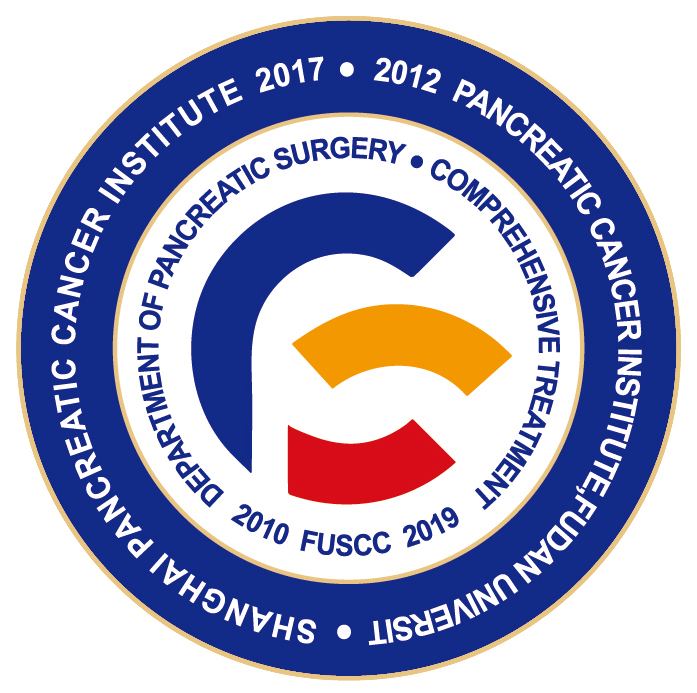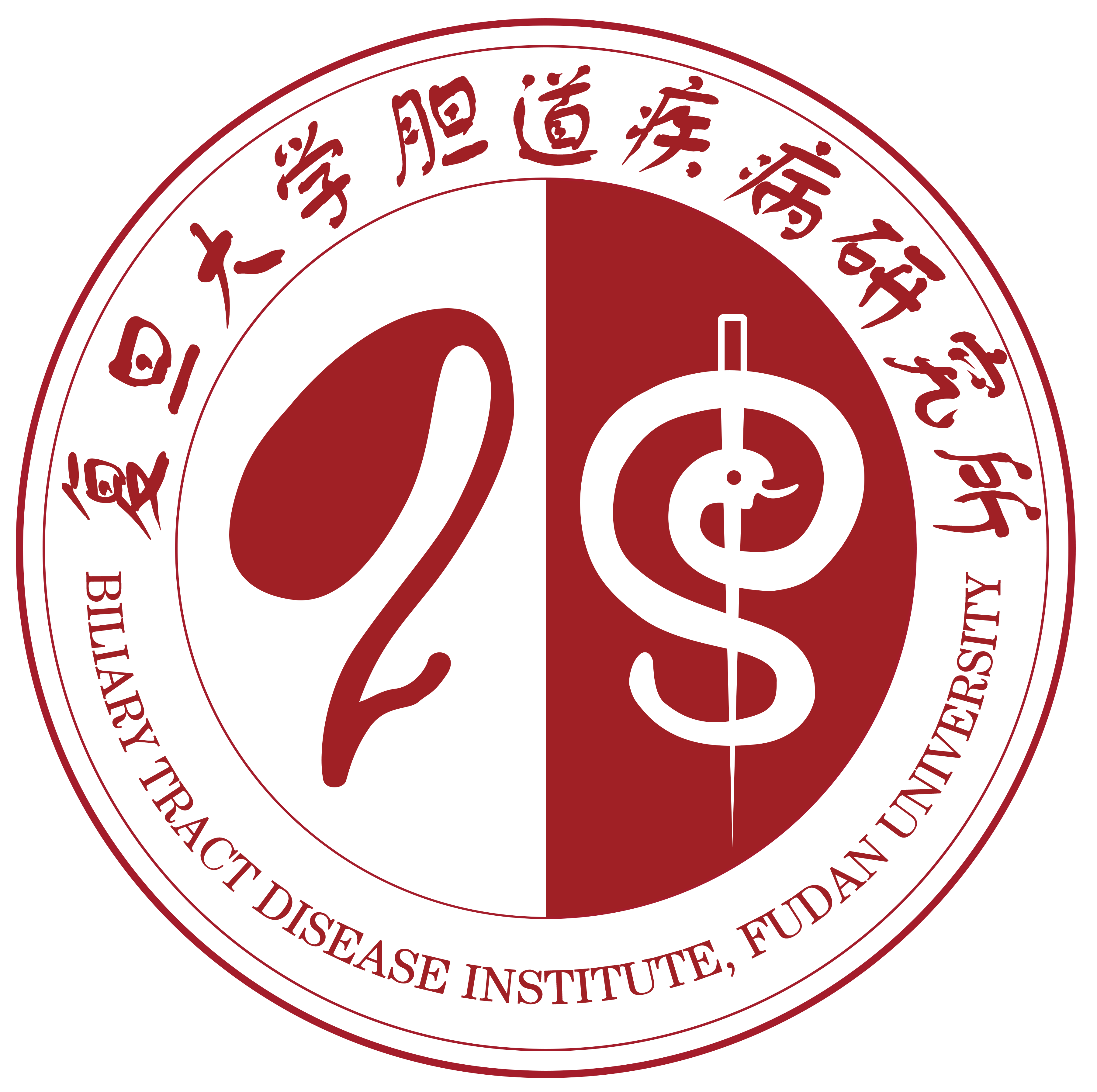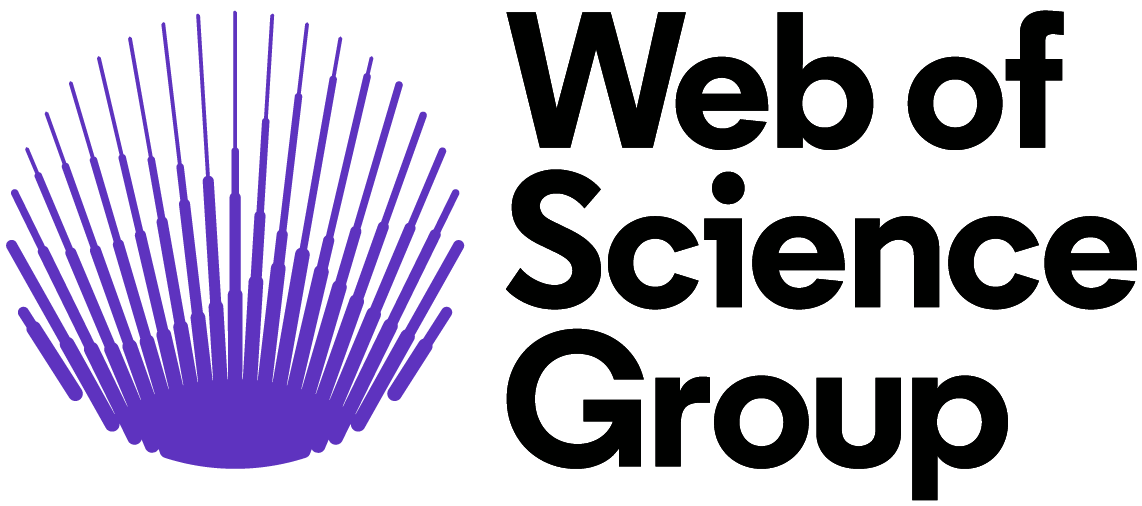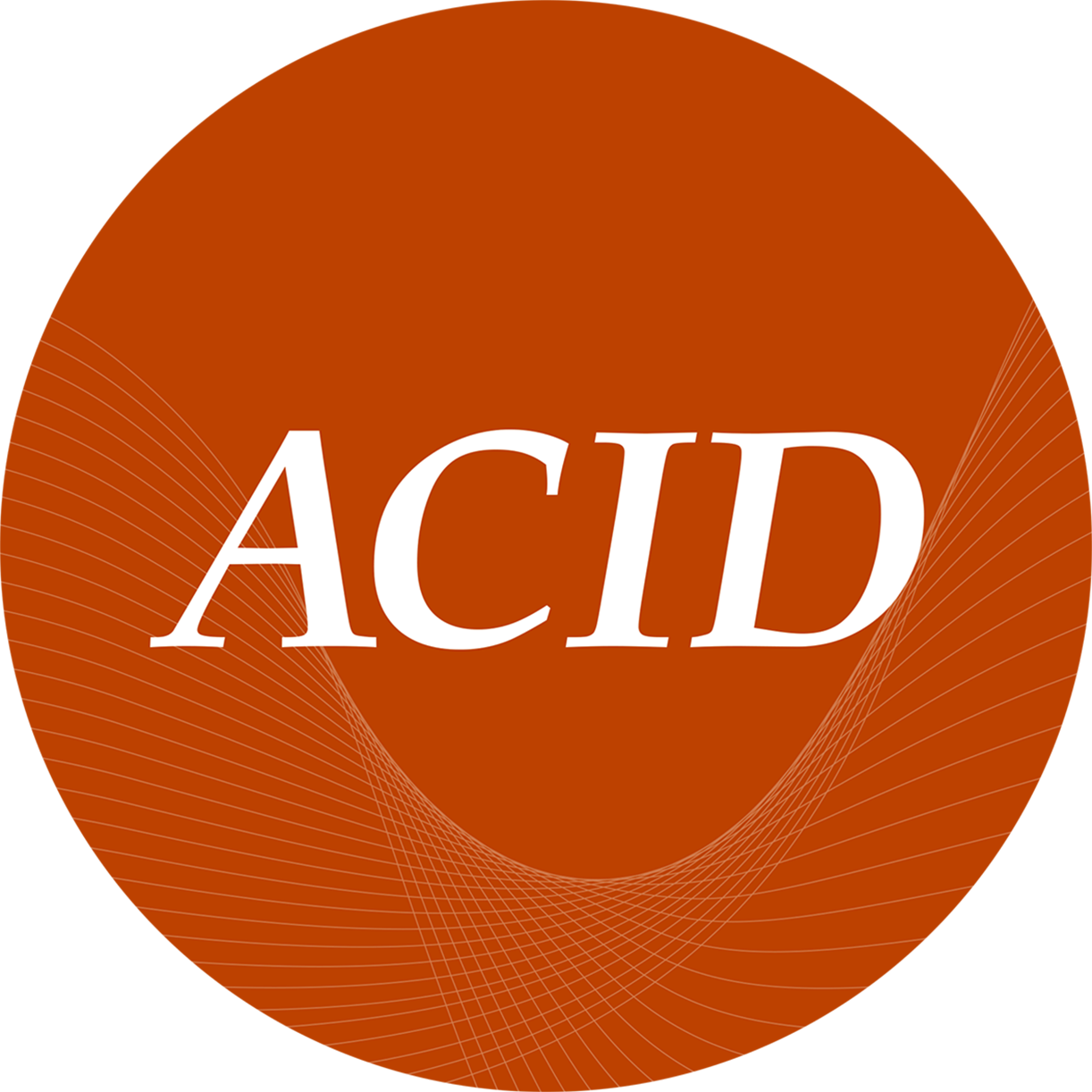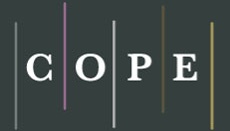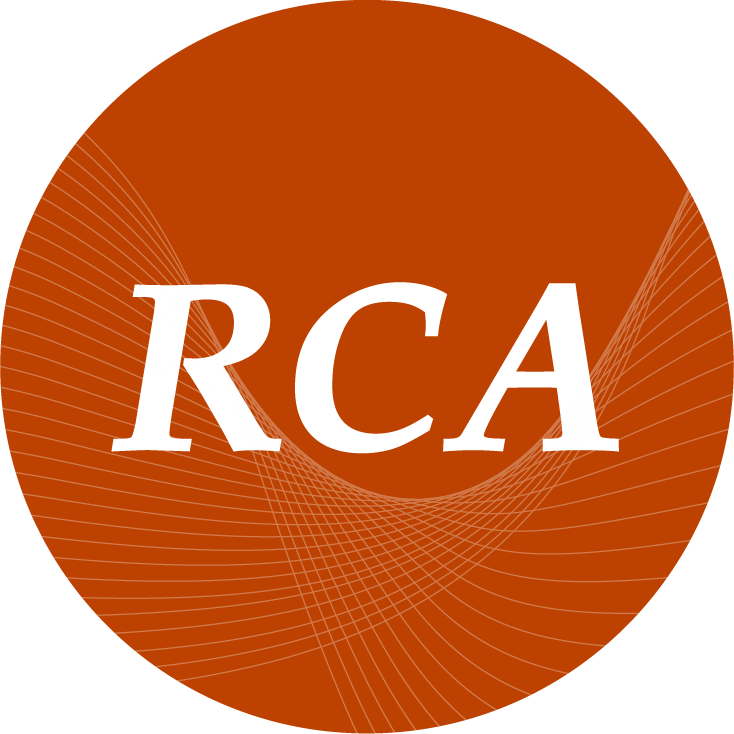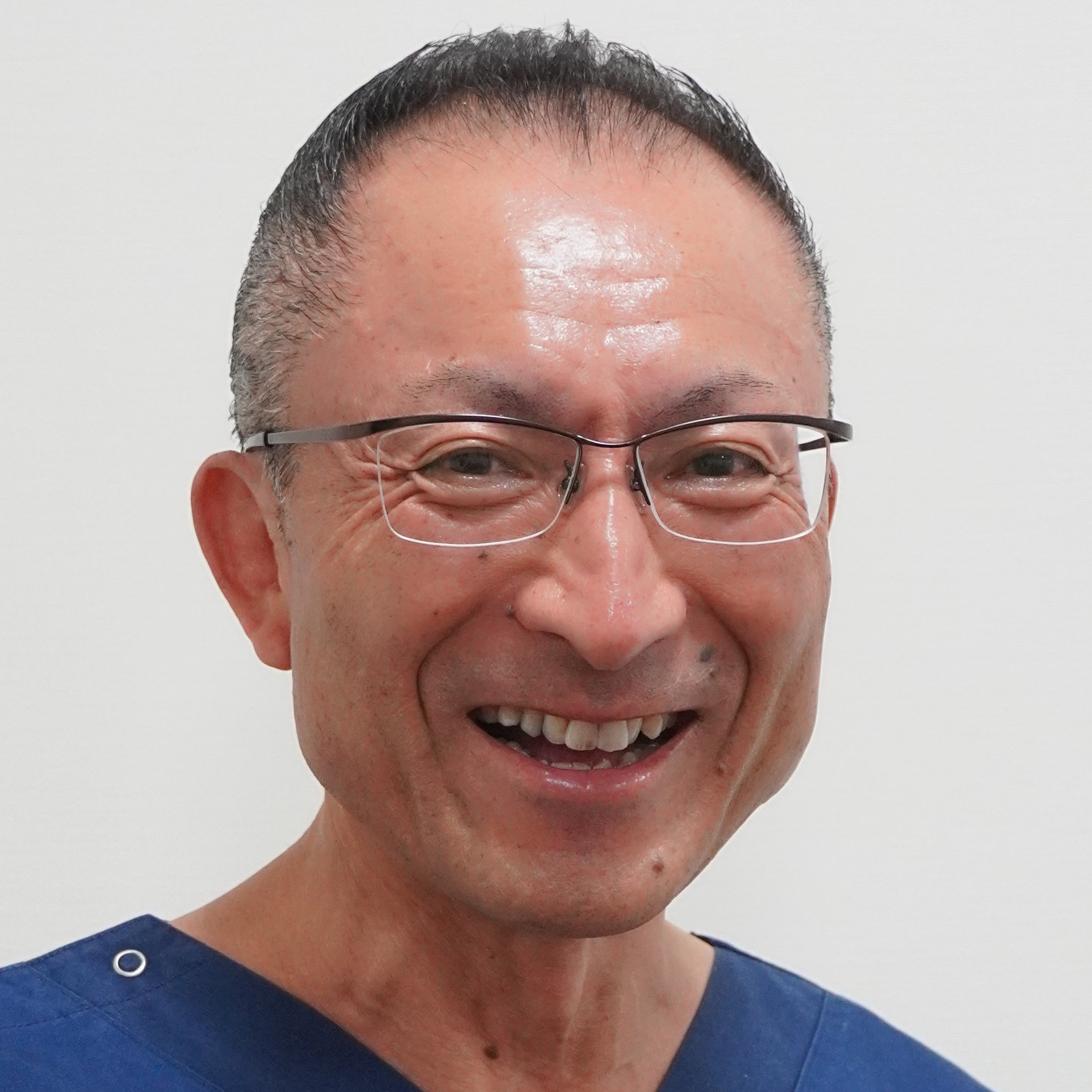I am Takeshi Suda, holding a Doctor of Medical Science (1988) and a Doctor of Philosophy (1996) from Niigata University, Japan. Since 2015, I have been serving as a professor in the Department of Gastroenterology & Hepatology at the Uonuma Institute of Community Medicine, Niigata University, Japan. I unite scientific and clinical knowledge, technologies, and ethics from a genomic perspective. Beginning as a hepatologist, I expanded into interventional radiology while scientifically exploring microsatellite markers in mice and clarifying telomere and telomerase roles in hepatocarcinogenesis. I then developed a nonviral gene delivery system targeting the liver, a central metabolic organ promising for gene therapy. To avoid possible long-lasting biological adverse effects of viral vectors, I established a hydrodynamic system for gene delivery into hepatocytes, combining interventional techniques with computer-controlled injection. I demonstrated this concept's effectiveness in mice, rats, dogs, and baboons, later expanding to kidney and muscle targets. Recognizing liver expansion as key to efficient hydrodynamic gene delivery, I systematically explored factors defining liver stiffness and developed a feasible measurement method using acoustic radiation force impulse. My diverse academic and clinical background enables rational evaluation of scientific and clinical values, allowing me to provide productive comments across various works. This unique combination of skills and knowledge differentiates me in my field. I have authored 44 articles in academic journals as a first or corresponding author. I've presented at 42 international academic conferences, including a symposium speaker at 18th Annual Meeting of American Society of Gene and Cell Therapy in New Orleans and an invited speaker at PEPSIN symposium in Surakarta, Indonesia. On Google Scholar, my 100 selected publications have garnered 3,511 citations with an H-index of 33. I've been honored with awards including the Outstanding Performance Award at Hamanko Symposium, Ichida Memorial Award, and Academic Promotion Award from Niigata Prefectural Medical Society. I also received Travel Grant Award, Excellence in Research Award, and New Investigator of the Month from American Society of Gene & Cell Therapy, along with Japanese Society of Gastroenterology Research Fellowship Program Award. My professional memberships include general practitioner status in Japanese Society of Internal Medicine, and I am a board-certified trainer for Japanese Society of Gastroenterology, Japan Society of Hepatology, and Japan Gastroenterological Endoscopy Society. I am certified by Japanese Board of Cancer Therapy and Japan Society of Gene and Cell Therapy, and actively involved with American Society of Gene and Cell Therapy and Japanese Cancer Association. Since 2022, the year I began my career as an Associate Editor at the World Journal of Gastroenterology, I have completed quality tracking for 87 manuscripts published in the journal. Additionally, in 2024, one editorial I authored was accepted by the World Journal of Gastroenterology. From 2019 to 2023, spanning five years, I reviewed 50 articles submitted to journals managed by F6Publishing. Of these reviews, the quality of 27 was evaluated, with 85.2% of them deemed highly relevant in 23 articles. During this period, I made decisions on one acceptance, 22 major revisions, 12 minor revisions, and 15 rejections, resulting in a publication acceptance rate of 38% (19 manuscripts). Concurrently, I conducted 15 reviews for manuscripts submitted to journals not managed by F6Publishing, such as the Journal of Gastroenterology and Quantitative Imaging in Medicine and Surgery. I have been engaged in versatile research and clinical involvement. My professional goal is to comprehensively integrate this diverse knowledge and experiences to establish a management system based on a multidisciplinary approach for hepatocellular carcinoma, focusing on the following important fields: 1) Clarification of the molecular biological background related to hepatitis B virus, telomere and telomerase, and noncoding RNA. 2) Diagnosis and prognostic assessments using aberrant fucose moieties of alpha-fetoprotein sugar chains, detection of circulating cancer cells, MRI images, and quantification of telomerase activity. 3) Standardization of liver stiffness measurements to evaluate the risk of hepatocellular carcinoma development. 4) Establishment of appropriate indications for interventional radiology procedures, including radiofrequency ablation, transarterial chemoembolization, and hepatic infusion chemotherapy. 5) Implementation of measures for systemic support through nutritional assessment and introduction of supplements to alleviate adverse events due to molecular targeting therapies. 6) Development of a novel nonviral gene delivery system aimed at gene therapy using interventional radiology. As a professor at a university hospital, I possess a diverse range of professional skills and expertise. My active listening skills enable me to deeply understand and address the needs of students and medical professionals. I excel in clear and effective communication, conveying complex clinical and scientific concepts with clarity. Strong interpersonal skills foster a collaborative environment crucial for learning and research. As a leader, I inspire academic and clinical excellence among my peers and students. Additionally, I have actively contributed to international collaborations, including a partnership with the University of Georgia for the development of a gene delivery system. Moreover, I have had the privilege of mentoring an awardee from Indonesia through the Japanese Society of Gastroenterology Research Fellowship Program, guiding their training over a four-month period. With robust management skills, I efficiently coordinate educational programs and research initiatives, while my adept problem-solving abilities contribute to advancements in healthcare and education. I am enthusiastic about outdoor activities, especially full marathons. In 2023, I finished just 5 minutes over three and a half hours. Every day, I cycle more than 10 miles to and from my house to the University Hospital.



